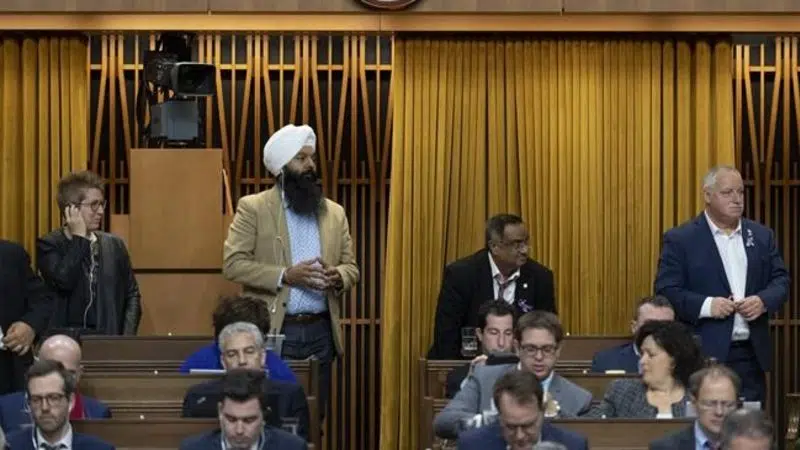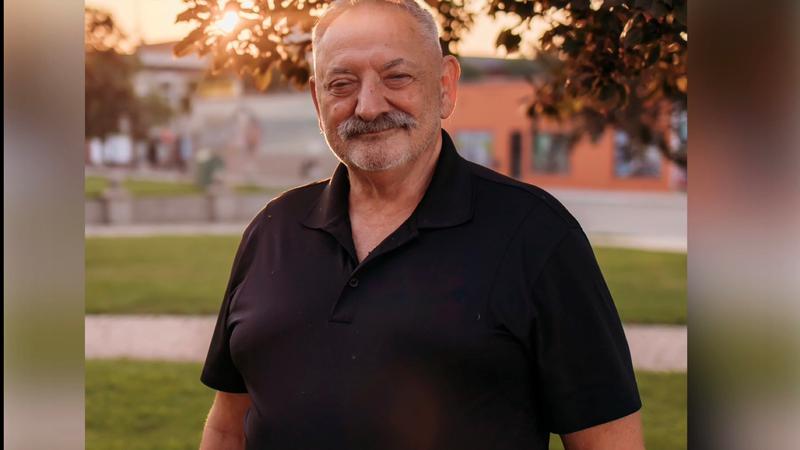
As MPs pull all-nighter, Philpott breathes fresh life into SNC-Lavalin scandal
OTTAWA — Former cabinet minister Jane Philpott fanned the flames of the SNC-Lavalin fire Thursday as Liberals struggled to douse the controversy and focus Canadians’ attention on their pre-election budget.
Philpott gave an interview to Maclean’s magazine in which she said there is “much more to the story” of improper pressure allegedly exerted on former attorney general Jody Wilson-Raybould to avert a criminal prosecution of Montreal engineering giant SNC-Lavalin.
The early-morning publication of the interview coincided with a Conservative-orchestrated filibuster, landing like a bombshell in the House of Commons where exhausted MPs were in their 12th hour of non-stop voting, line by line, on the government’s spending plans. The filibuster, which continued until almost 1 a.m. Friday, was intended to protest Prime Minister Justin Trudeau’s refusal to offer a blanket waiver of privilege and confidentiality that Wilson-Raybould has claimed is necessary if she is to fully tell her side of the story.


